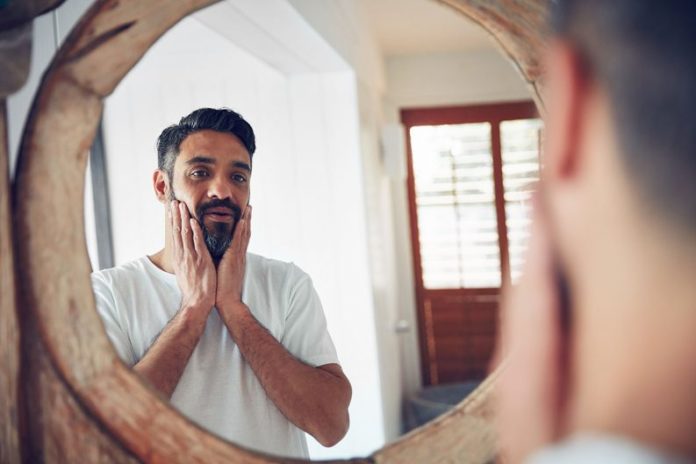A new research suggests that simply considering potential infections appears to expand individuals’ worries about their own physical appearance, particularly on the off chance that they are unending germ worriers. It suggests the possibility of contagion activates the so-called behavioral immune system, thus leads to focus on vulnerability and how they appear to others.
The behavioral safe framework encourages scientists to look out indications of contamination in others, even signs that are harmless and don’t really show disease and frequently drives us to maintain a strategic distance from those individuals. Scientists found, at the point when individuals are stressed over pathogens, they likewise assess their own particular physical appearance, which propels them to seek after practices and items planned to enhance appearance, including activity, cosmetics, and plastic surgery.
Psychological scientist Joshua M. Ackerman of the University of Michigan said, “This work is important because it demonstrates situations when people may engage in problematic health behaviors and spending, but also because it suggests that we might improve some of the negativity people have about their appearance by alleviating their concerns about infectious disease.”
In one test, the specialists haphazardly allocated 160 members to pursue a situation about volunteering at a doctor’s facility (pathogen risk) or a situation about sorting out a home workspace (control). In the wake of perusing the situations, the members finished a planning assignment, in which they were given invented cash to allow as they wished to enhance individual attributes. They could spend the cash to support an assortment of characteristics including inventiveness, generosity, hard-working attitude, insight, comical inclination, and physical appeal.
The outcomes demonstrated that members who were particularly stressed over germs announced more worry about their appearance and distributed more cash toward enhancing their physical allure on the off chance that they had perused the doctor’s facility situation contrasted and the individuals who read the workspace situation.
Ensuing analyses uncovered that perusing about a potential pathogen likewise helped germ-loath members’ instability about their appearance and enthusiasm for appearance-related practices and items (e.g., plastic surgery, makeup).
Ackerman said, “Perhaps the most surprising element in our findings was that infectious disease threat more consistently influenced evaluations of people’s own physical appearance than it influenced their evaluations of health.”
“We might expect that worries about disease would have lead people to care strongly about their own well-being and take steps to improve it, but this was less common than changes in how people saw their own appearance.”
The study highlights the relationship between disease threat and how we think about the self, as opposed to research focusing on how we think about others. Scientists are now investigating whether interventions such as hand washing might disrupt the link between pathogen threat and appearance concern.
